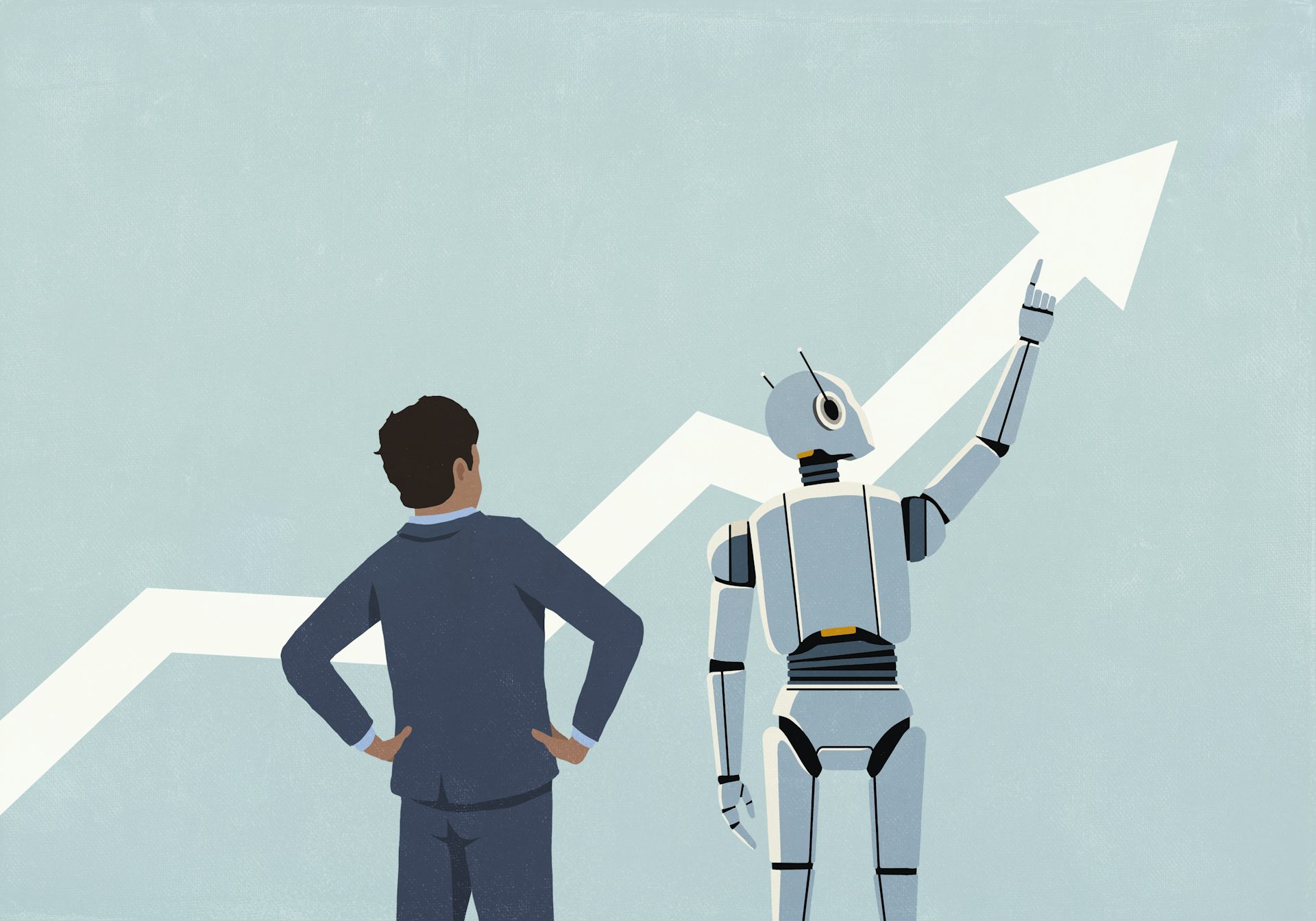Real-world experiments in messaging show that getting low-income people the help they need is more e
The stigma around poverty and government benefits can make those initiatives less effective.

There are pervasive stereotypes that Americans who are low income and access government assistance are lazy, lack a work ethic and are even morally inferior. This stigma has been shown to have many negative consequences.
But until now, there’s been little research on whether this stigma influences the willingness to use government assistance.
We studied the effect of stigma in the context of Emergency Rental Assistance. The purpose of rental assistance programs is to help low-income people avoid eviction by helping them pay overdue rent. While these programs have long existed, they received a large influx of new funds as part of the federal government’s response to the COVID-19 pandemic.
This offered an opportunity for our team at The People Lab, which is based at the Harvard Kennedy School, to examine some of the barriers that low-income populations face in accessing safety net programs.

A less stigmatizing message
In a recently published paper, we described the results of two large studies we conducted in collaboration with the Denver Department of Housing Stability, the Denver Office of Social Equity and Innovation, and the Austin Housing and Planning Department.
Our goal was to test the impact of different outreach messages on the likelihood that people eligible for rental assistance would apply for benefits.
In the first randomized experiment, about 25,000 presumed renters in 56 neighborhoods in Denver received a mailer with straightforward information about the rental assistance program. Another group of approximately 25,000 presumed renters received a mailer with subtle language changes that aimed to reduce the internalized shame and potentially expected discrimination associated with participation in rental assistance.

This destigmatizing message emphasized, for instance, that “it’s not your fault” if you need rental assistance.
We found that people who received the destigmatizing mailer were 11% more likely to apply for rental assistance than people who received the mailer that only included basic information, and 37% more likely to apply than people who did not receive anything in the mail.
In the second randomized experiment, we tested similar messages delivered via email to approximately 50,000 residents in Austin, Texas. We found similar results: Sending people a destigmatizing email that emphasized “it’s not your fault” if you need rental assistance led to higher engagement than a purely informational email.
Our findings suggest that it is possible to reduce internalized shame in a way that makes people who are eligible for government benefits more likely to apply for them – despite the presence of pervasive societal stigma.

Overcoming stigma
U.S. safety net programs are highly effective, but only if people who are eligible for benefits use them. Applying for assistance can be onerous.
Research demonstrates that simplifying processes and providing clear and simple information about program benefits can increase participation in some contexts. Yet, gaps remain: Simply providing information about programs and benefits doesn’t always increase participation, and it doesn’t necessarily reach those who need assistance the most.
We hope our research sheds light on the way in which stigma may affect people’s willingness to use government benefits. And we hope these findings encourage government agencies to reconsider their approach to providing information and assistance to avoid inadvertently reinforcing the stigma associated with benefits use.
Elizabeth Linos receives funding for her research from many foundations, including the Russell Sage Foundation, the Hewlett Foundation, the Gates Foundation, J-PAL and others. She is a nonresident fellow at the Brookings Institution, and a Faculty Affiliate of J-PAL and the California Policy Lab.
Jessica Lasky-Fink does not work for, consult, own shares in or receive funding from any company or organization that would benefit from this article, and has disclosed no relevant affiliations beyond their academic appointment.
Read These Next
Taboo tics like shouting curses and slurs are uncommon in Tourette syndrome − but people who have th
Obscene language tics, called coprolalia, don’t reveal what people with Tourette’s think and feel.…
Why does pain last longer for women? Immune cells may be the culprit
Your immune systems kicks into gear when you’re injured, both worsening and relieving pain.
Artists and writers are often hesitant to disclose they’ve collaborated with AI – and those fears ma
Whether they’re famous composers or first-year art students, creators experience reputational costs…






